In an attempt to digitally transform the industries, Jackson Bond along with others established a German IoT middleware startup called Relayr. Based out of Berlin, the startup enables device manufacturers, app developers, and software companies to leverage the power of the internet of things through industrial-grade platforms.
Recently, we at Silicon Canals got a chance to have an in-depth conversation with Jackson who’s now the Co-founder, Chief Evangelist & New Business of Relayr. Check out the interview below.
Silicon Canals (SC): Let’s start from the beginning, can you tell us about the change from Berlinfo to 8 Hertz?
Jackson Bond (JB):
After my education at Princeton University in arts, history and photography, I came to Berlin on a scholarship and I started working for Deutsche Welle television. After that with some English language journalist, we created the first English-language website called Berlinfo.com, almost 20 years ago, which is now for me an interesting piece of history. But this was the second company, the first company was the same thing in printing, however, we realized the internet was hitting and we should shift everything to the web.
Eventually, we pivoted that into a speech recognition company called 8 Hertz, in which we used to build speech recognition applications for call centers. It didn’t take us much time to realise that voice web which was creating waves in 2001 and consumers were accessing web content on the move through mobile phones. So, the idea was to call the internet and use voice commands. For this, we also got some funding from some partners and an investor in California.
Hence, we started selling innovative solutions for the hands-free interface in a car, for example, to check emails and SMS via voice. In 2004, we won some great Innovation Awards with Volkswagen and BMW at the big Auto fair. However, the market wasn’t ready for the product, hence we had our share of struggles as the company had reached a certain plateau and we’re not scaling anymore, so we decided to sell the company. It was then, European bridge competitor, Vox Gen bought everything, all the assets, the customers, the team, and that was probably the best decision to preserve the company.
SC: Can you throw some light on the birth of Relayr?
JB: Yes of course! After my brief stint at XING and cofounding Mono Qi, I was approached by a professional who used to sell us speech recognition software, offered me to join him and his co-founder to start an Internet of Things company. I was confused initially, but then after some research, I realized there’s an actual fundamental shift about to happen where affordable sensors can be deployed on a mass scale to provide valuable data and information from objects or assets. Back then, they named it as ‘ithings4you,’ but we hired a small agency and we named it as Relayr, which meant – relay of information. So, that’s when the company was founded in 2013 in Berlin. And then, some friends recommended us about Startup Bootcamp in Amsterdam and we joined them.
SC: Can you share your experience of your first pitch?
JB: Well, we went through the whole process. There were multiple pitches through video chats and then we got through the final selection days. During the first two days, I pitched for more than 80 or so.. times. Our vision was to Imagine Cisco in 1984 in a world where all the computer manufacturers like Apple, IBM and Microsoft have their own communication protocols. Where you cant connect and IBM to Apple. So Cisco created Bluebox that connected both the worlds and then translated the data from one parent connection to another. So the idea behind our pitch was that we are doing the same thing.
All these smart devices emerging from different manufacturers like Fitbit, Nest, all of them speak different protocols. So, they needed to have a central hub where you can just interconnect any of your smart devices irrespective of the protocol it speaks.
However, I quickly pivoted during the pitches and enquired about their knowledge on the Internet of Things. In the end, we got selected and decided to make it real in the market.
SC: What about your experiences with Startupbootcamp? Can you share some?
JB: When we are in Startupbootcamp, every day is planned strategically. You will get evaluated while pitching to journalists/VCs/Product Experts/Finance experts which really forces you to reassess your ideas, the way you communicate, and then you take all that feedback, go back home and come up with a stronger idea. This environment guided us to discover the need for hardware and to move away from the cloud.
We decided of taking the sensors out of the phone and providing those sensors to users, which they can play with, on an open platform. With the help of the mentor’s input and constant feedback, we came up with this notion of breakable sensors that are connected with Bluetooth and Wi-Fi with different sensors called as Wunderbar.
We did crowdfunding, did a lot of research, spoke to the mentors and we got some marketing experts who helped us in building the buzz and pre-launched the website on Kickstarter. Then Dragon Innovation, a hardware-focused incubator offered us to join their platform. Finally, in the crowdfunding, we succeeded raised $100K and we got the attention of Conrad electronic, who was also hunting and scouting out for new hardware ideas. They approached us and invested not only in the crafting campaign but also to acquire the license for manufacturing and marketing. Since then, we sold around two and a half thousand Wunderbar through crowdfunding by pre-order. This brought the first actual traction to the platform, and we had started to grow as companies were buying our stuff.
SC: How was it working with Kleiner Perkins?
JB:
Kleiner Perkins understood what we were doing. Of course, they have a history of investing in big shots, like Google Amazon among them. They were convinced by the proposition and they also understood that early markets are consultancy lead. So, they advised us to educate the market, however, not at the cost of the core product, so they advised us to keep that balance going. There was a constant seesaw of resource back and forth. While we needed to deliver quality solutions, at the same time, we needed to maintain the quality of our core scalable product.
SC: How good is your team support?
JB: I think one of our strengths has always been that we are highly adjustable as a team and highly communicative. Everyone in the team joins forces and says “ok I’m not just a product engineer, I’m actually going to help deliver the final solution for the customer and then we can go back to building the product.” That’s how we work!
SC: From a startup founder perspective, while Relayr recently got sold to Munich Re, how will be the dynamics for you, now?
JB: I think it’s really important for all of us as a management to let us do what we do best and we stay independent. I think that was really one of the key drivers in our case. I will be staying on board along with the whole management team, nothing has really changed. We continue as it was before and we continue to do our best.
SC: In the future, what are the opportunities do you see for Relayr as a company?
JB: We definitely have a clear massive opportunity in the industrial machine space. You know you’re dealing with a world that is not used to thinking in digital and there will be a lot of fallouts and collateral damages in the industrial world. Especially, when the midmarket companies don’t digitise fast enough and unable to leverage because they think it’s not important so far.
Our job is to really tap that massive opportunity, and as a small company, it’s hard for us to reach out and touch every industrial company manufacturer. But I think the way we combine consulting and software is quite unique in the market. I think that’s where our opportunity lies. We also plan to tap similar opportunities in Eastern Europe and obviously, Asia.




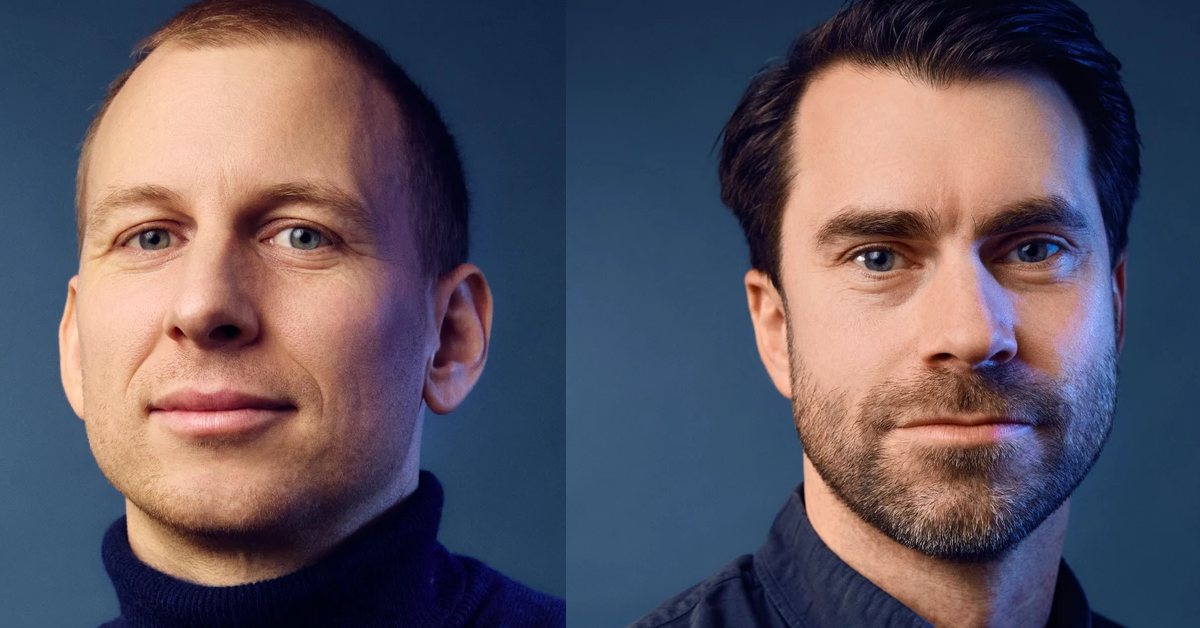
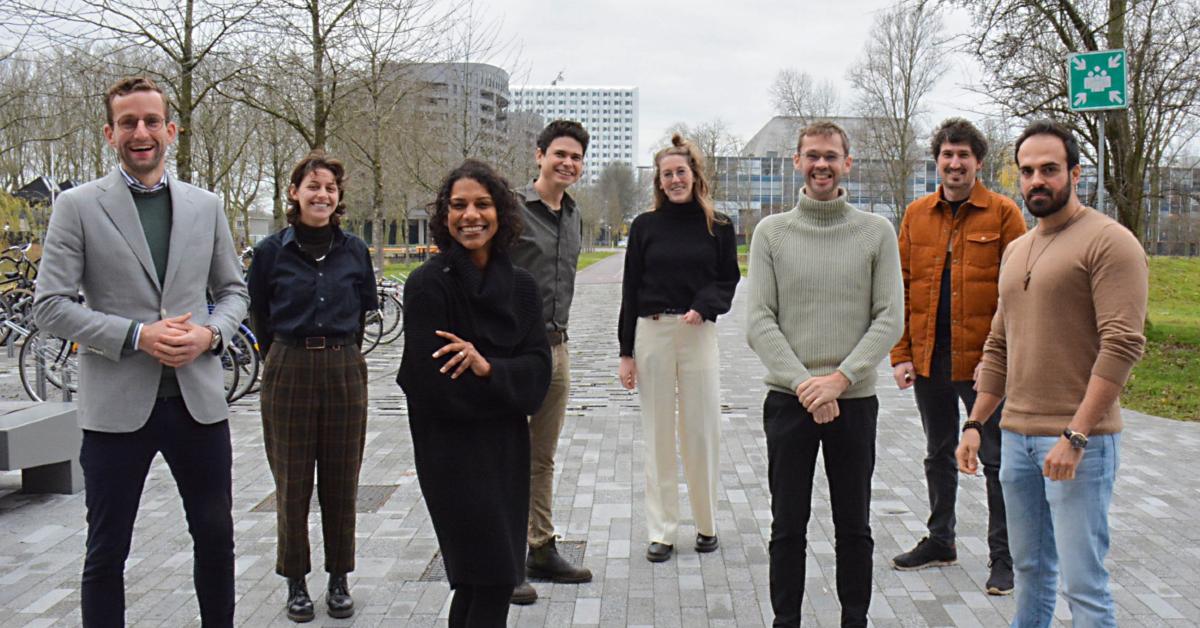
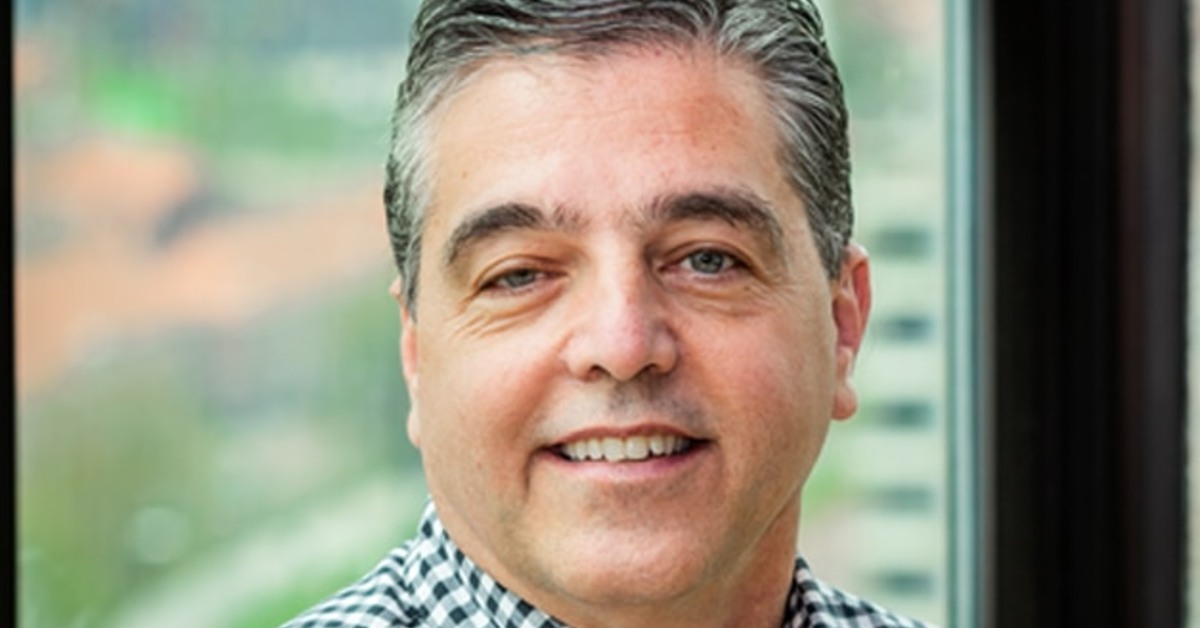
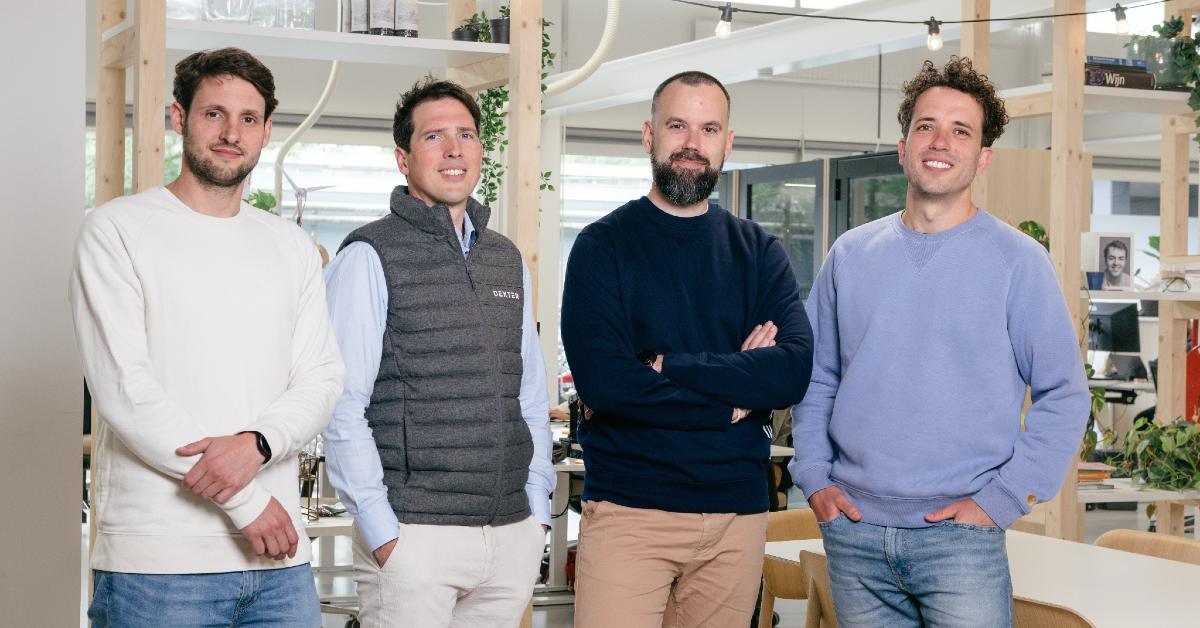
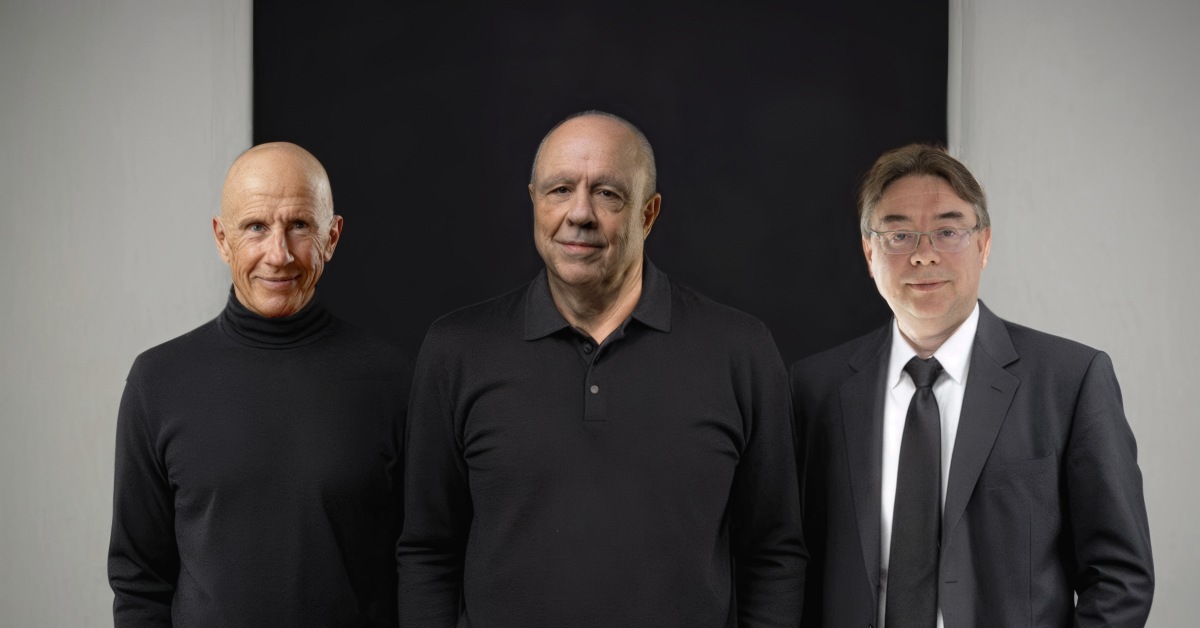

01
From telecom veteran to Dutch Startup Visa success: The Jignesh Dave story